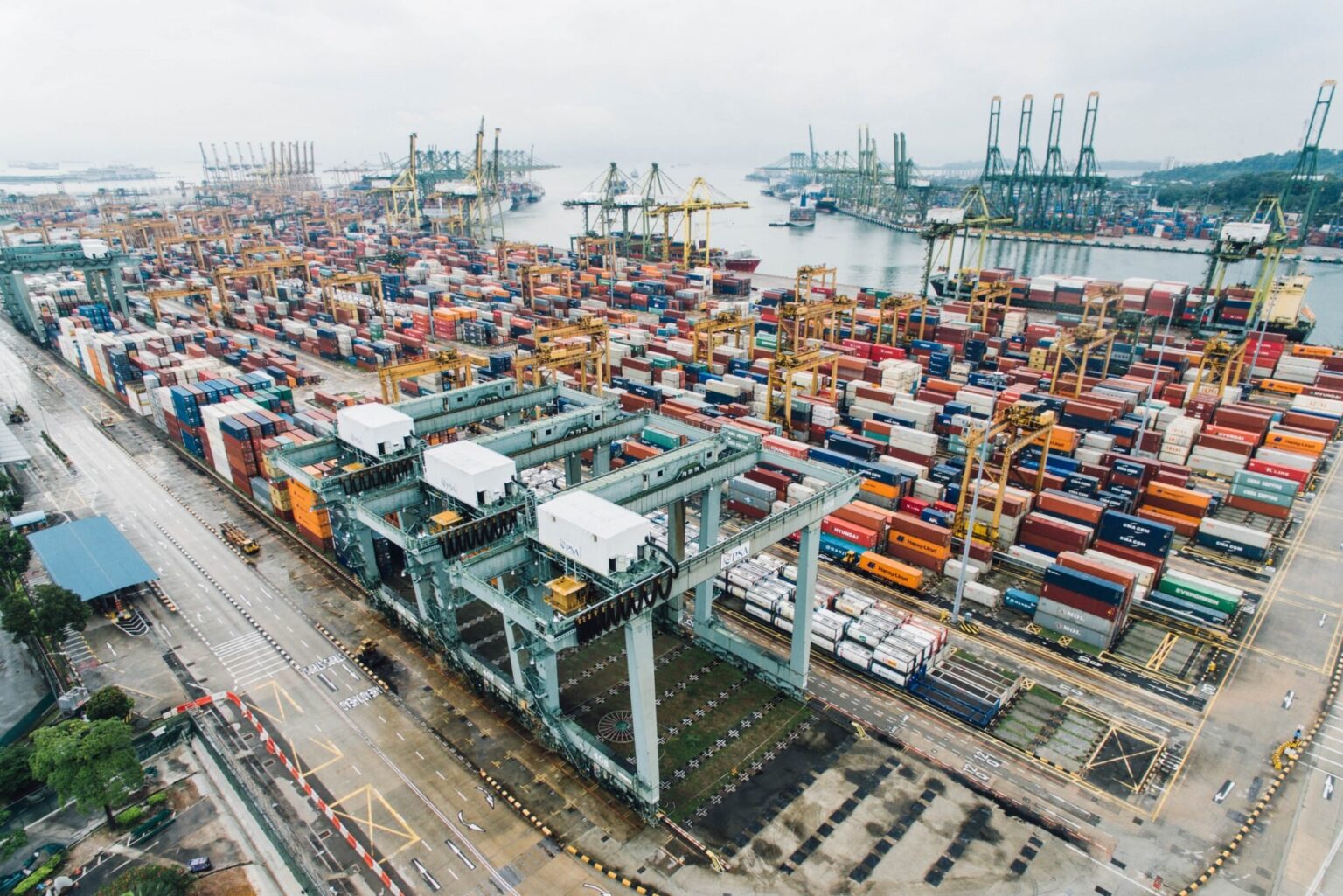The Council of the European Union gave the go ahead on March 5, after the EU Parliament did the same on February 14, to a new Regulation that will allow the European Commission to screen overseas investments and pressure member States to block deals that risk compromising strategic interests. While the primary goal of this new rule is to scrutinise Chinese investment and hostile foreign takeovers, other merger reviews across the EU may be delayed.
The new rule establishes that the European Commission could scrutinise foreign investments affecting EU projects (i.e. Galileo navigation satellite system) and also request Member States more information on investments affecting critical infrastructure, technology, space, transport, energy or telecommunication networks. EU member States will still make the final decision on whether to approve an investment, but they will have to take into consideration comments from other countries and regulators. The good news for non-EU buyers is that while the initial drafts of the regulation foresaw up to 3 months to exchange information between countries and regulators the final text limited this period to up to 35 calendar days, that may be extended a few days in some limited cases.
As we have said before, the European Commission won’t be able to veto any foreign investment unless it affects a project funded with EU resources. Yet, this new rule aims to give investors more clarity on the requirements of investing in the bloc as well as encouraging member States to create or strengthen national laws to screen foreign investment. Though fourteen European countries already screen and block deals, based on national security or public interests, the design, scope and implementation of these rules vary significantly across states. This EU rule seeks to harmonize these national provisions, and enable other countries to enact similar rules. This should favor a more consistent analysis of overseas investment in the region. The bad news for non-EU buyers is that despite more clarity on the requirements, companies may need new regulatory approvals and additional time to proceed with their deals in Europe.
The new Regulation for the screening of foreign investment into the Union will come into force in April and member States will have 18 months, until October 2020 to implement it.
Interestingly, UK buyers may face additional hurdles to complete M&A of EU targets after Brexit as the UK won’t be an EU country and investments may be subject to this regulation. Nonetheless, foreign acquisitions of UK companies, particularly makers of military products, computer hardware or quantum technology also became harder since 3Q18. The UK government approved in 2Q18 changes to M&A rules, expanding its authority to review transactions in these sectors.
